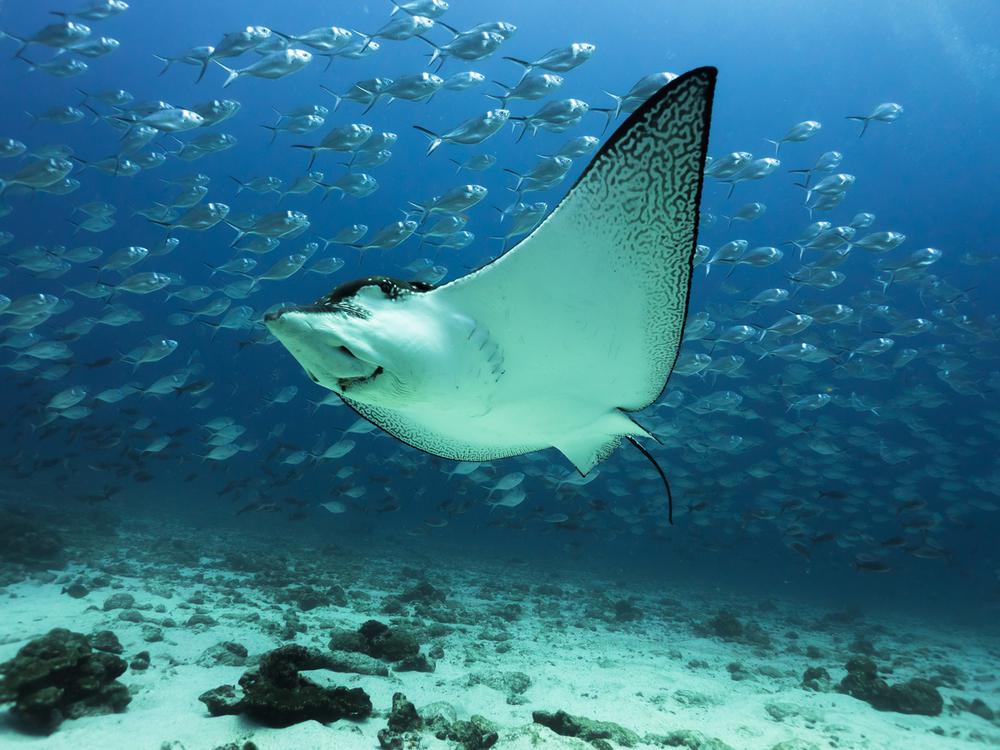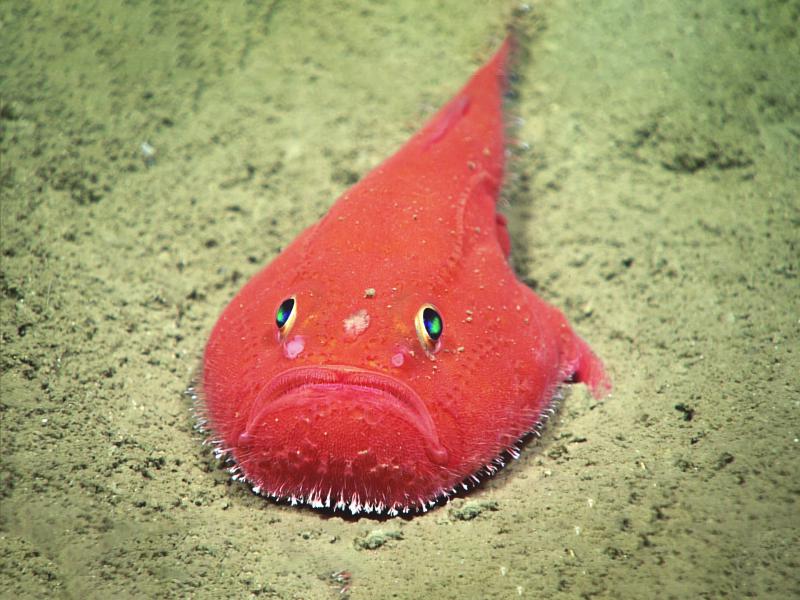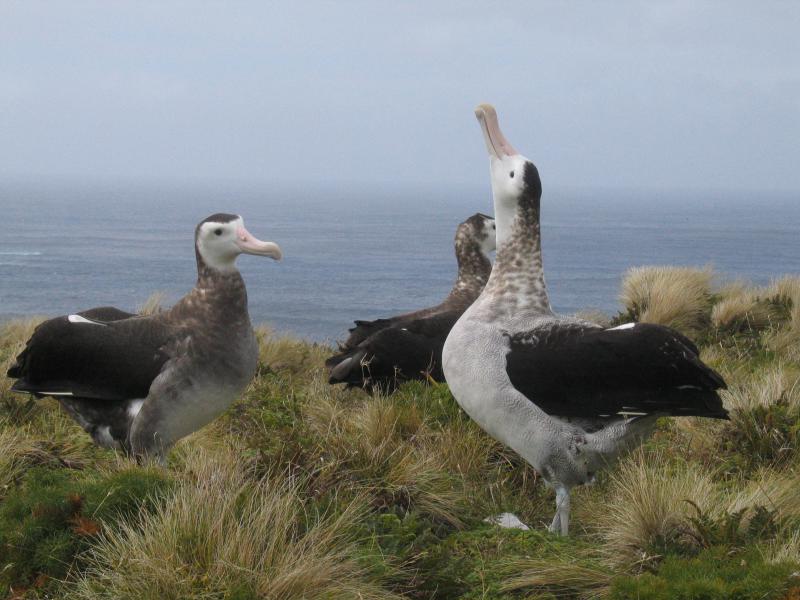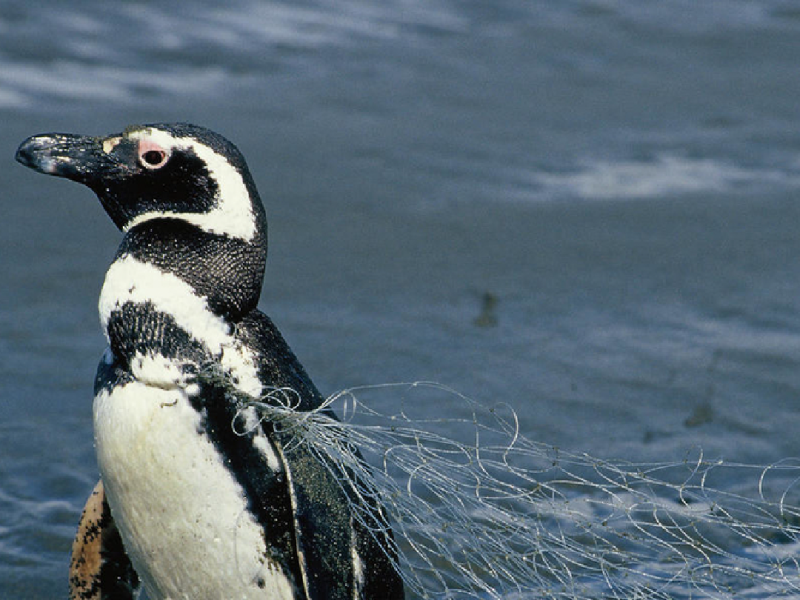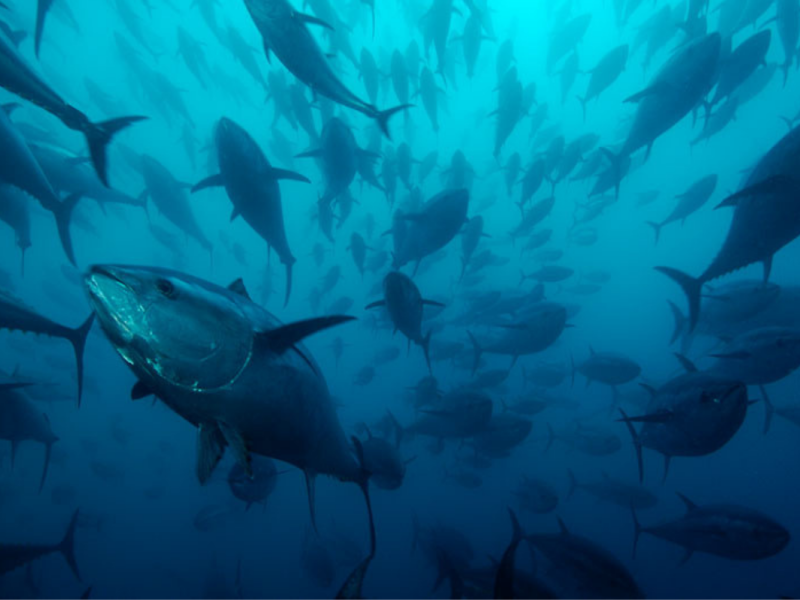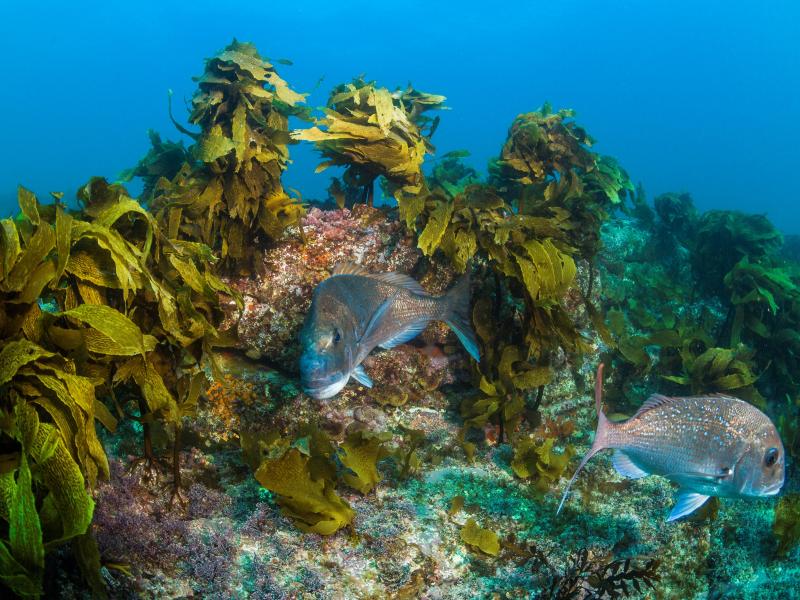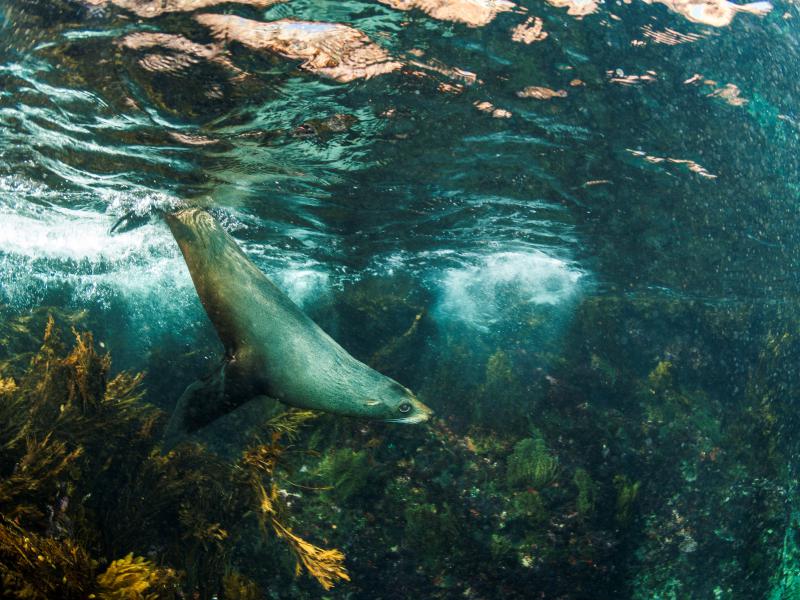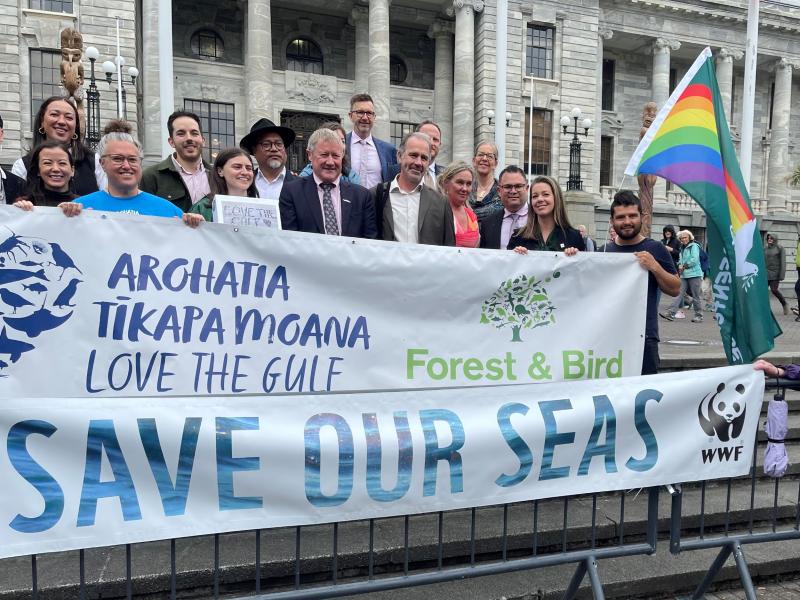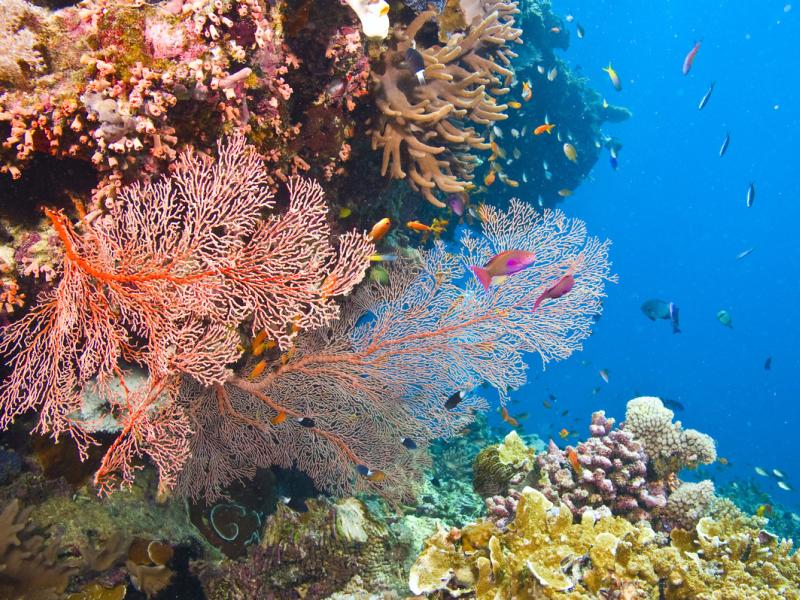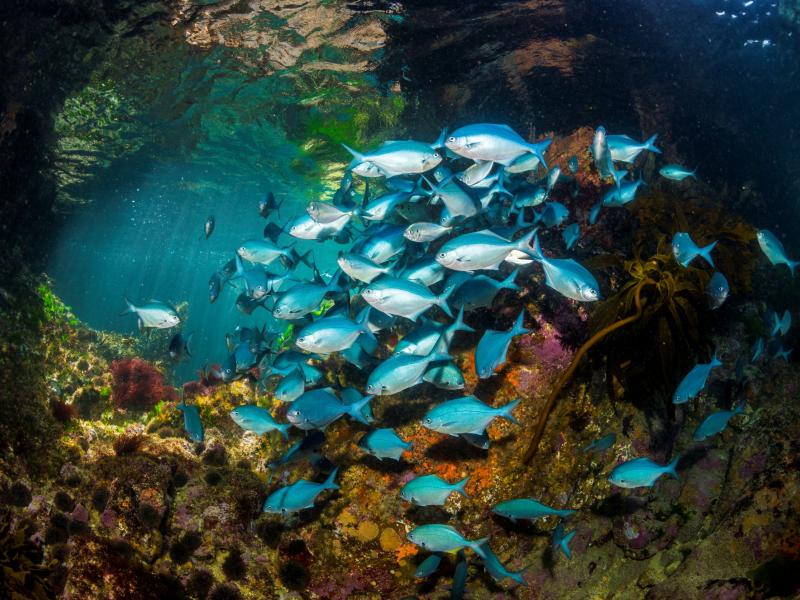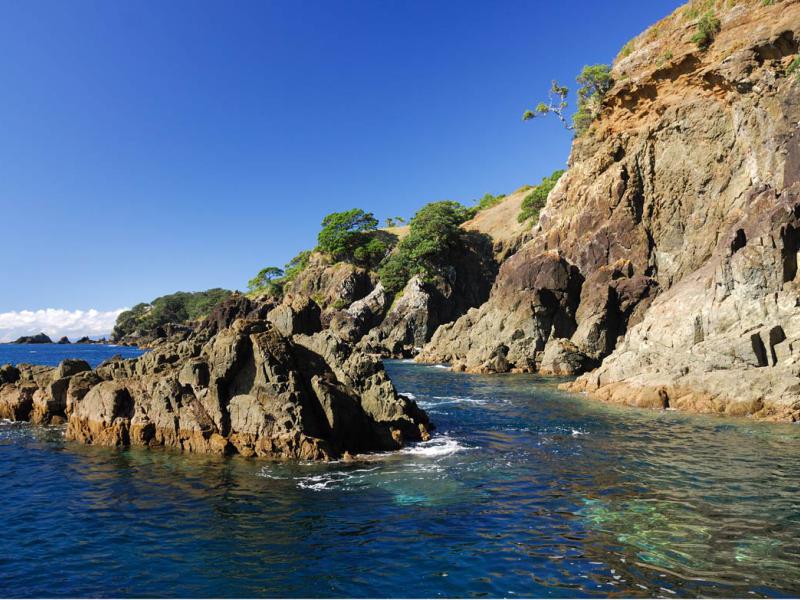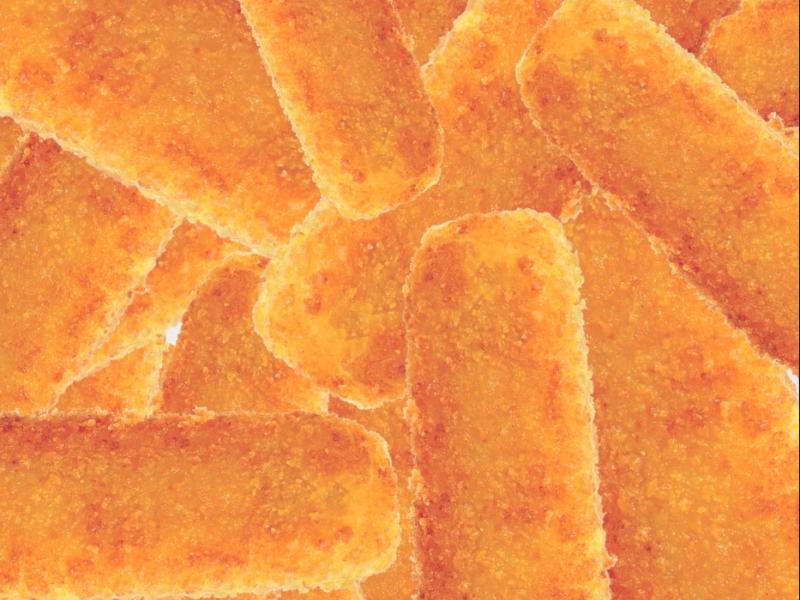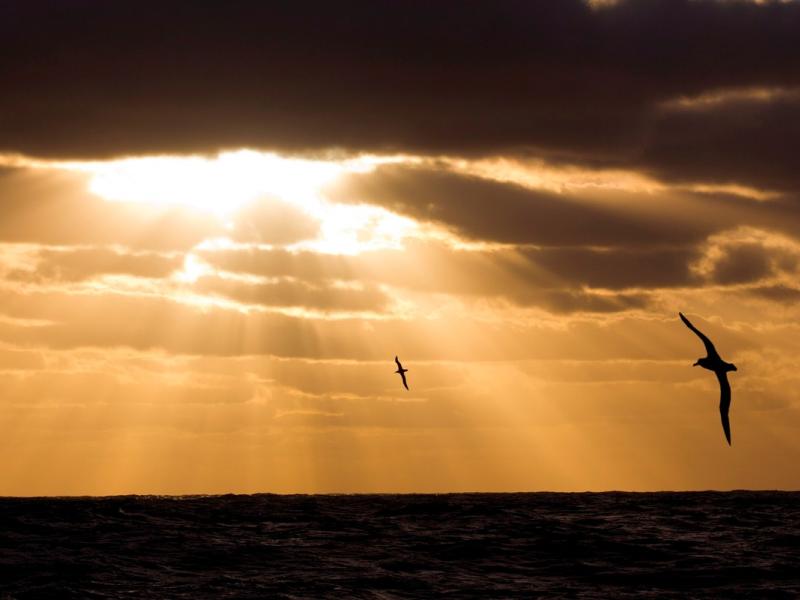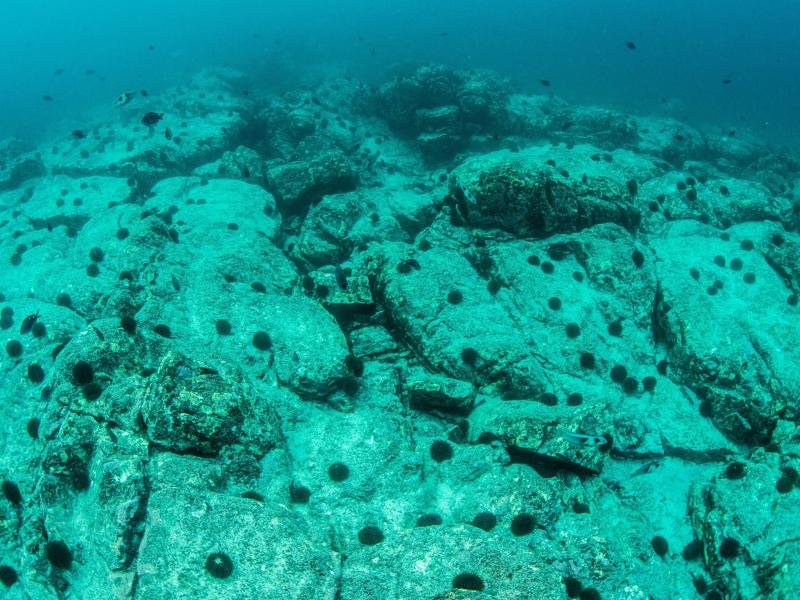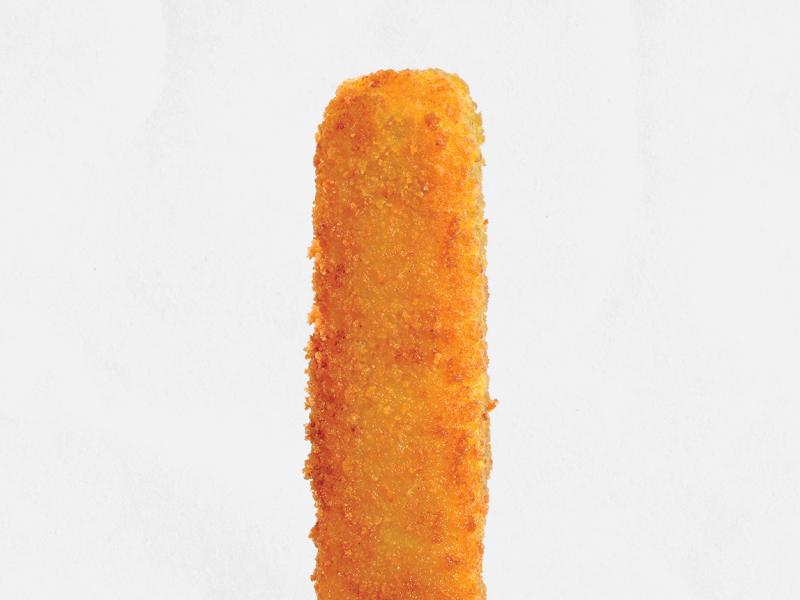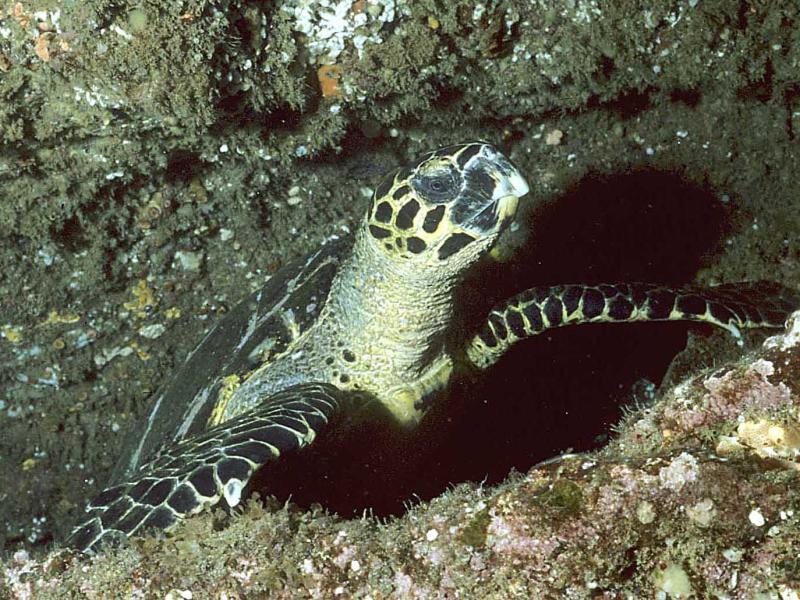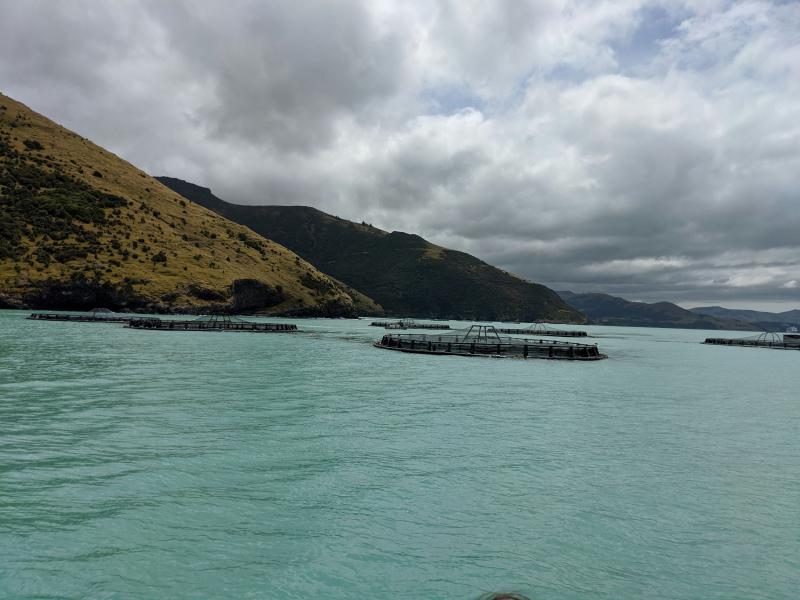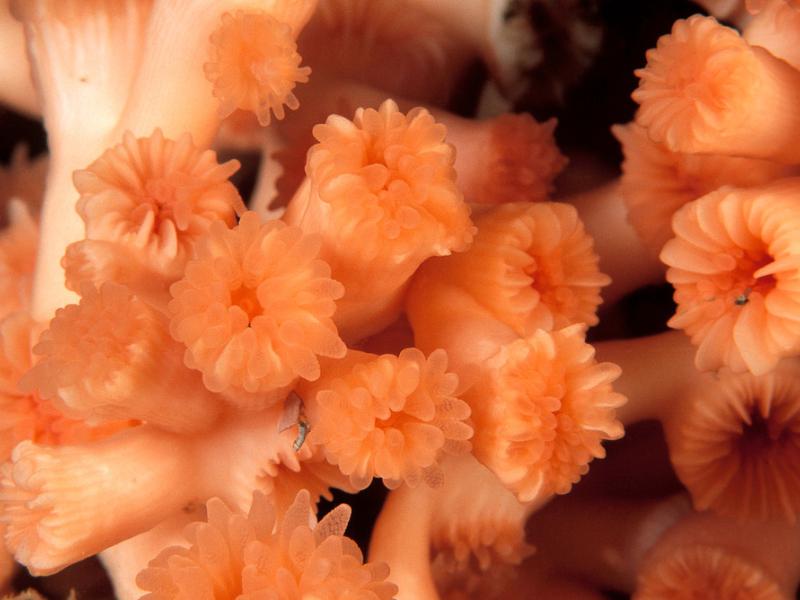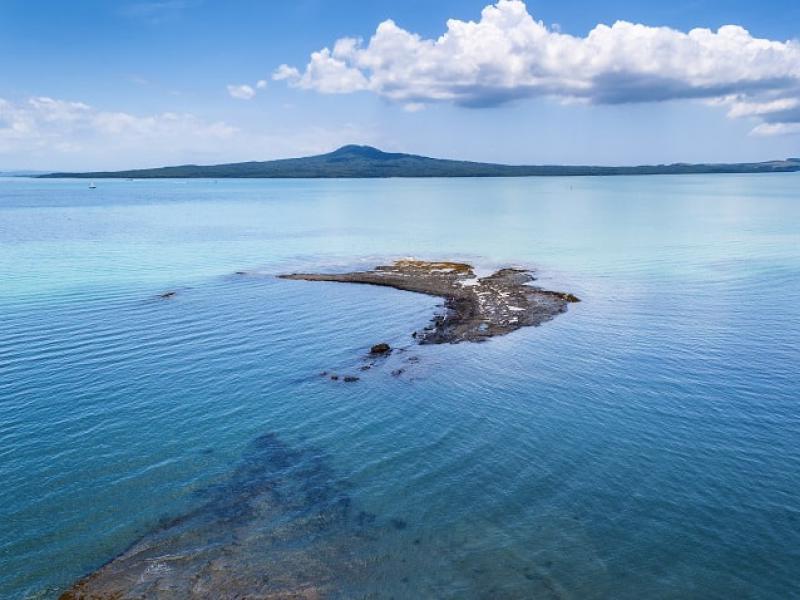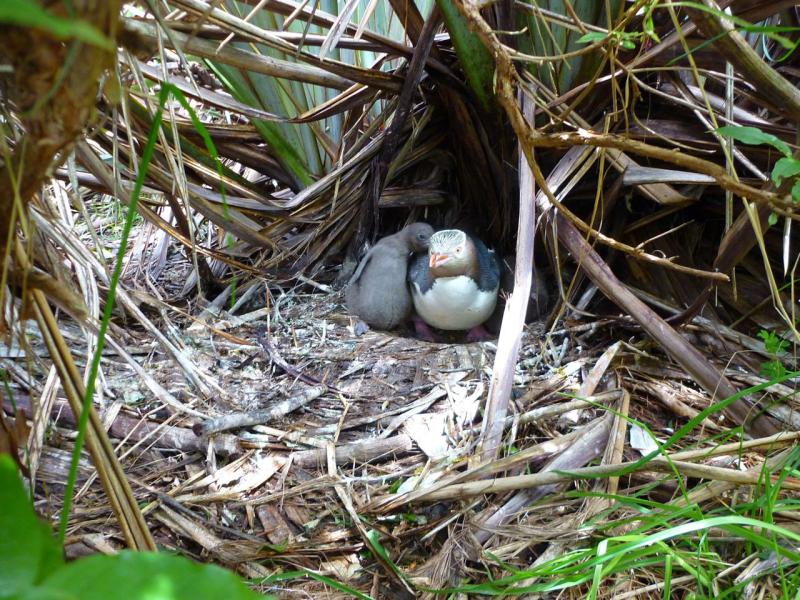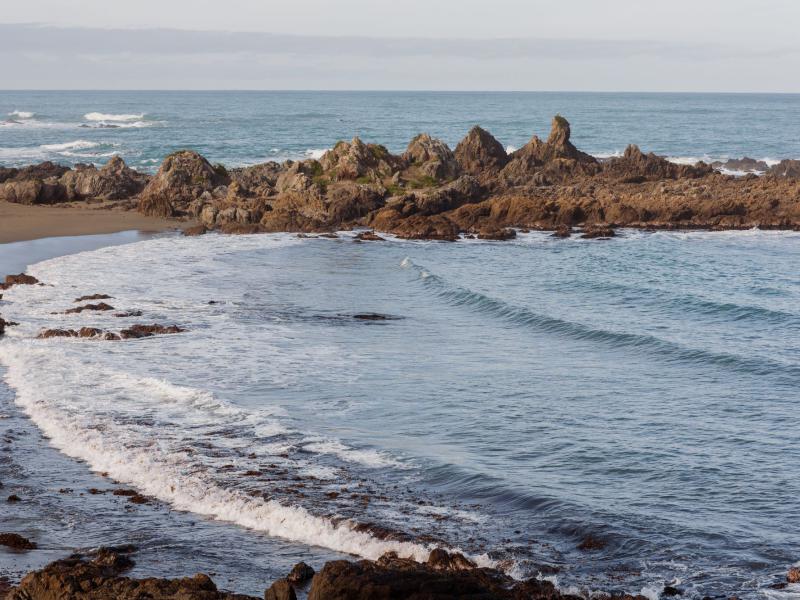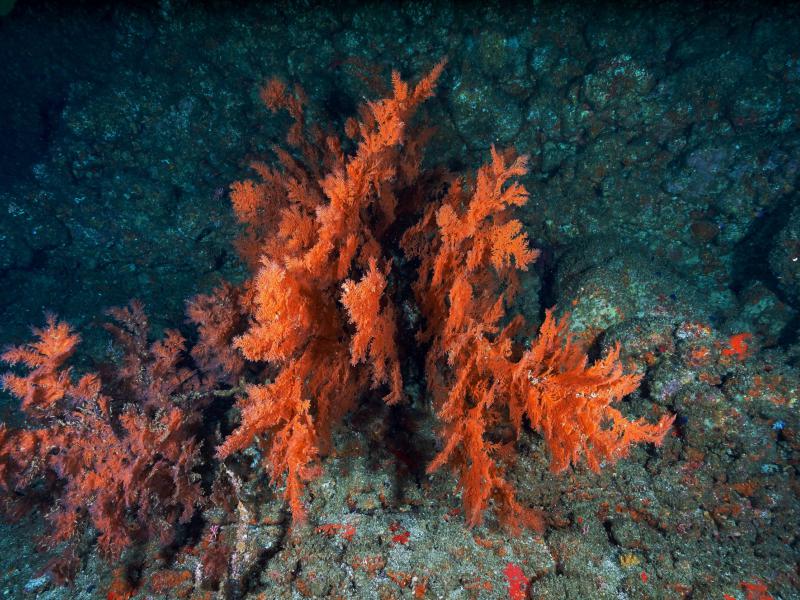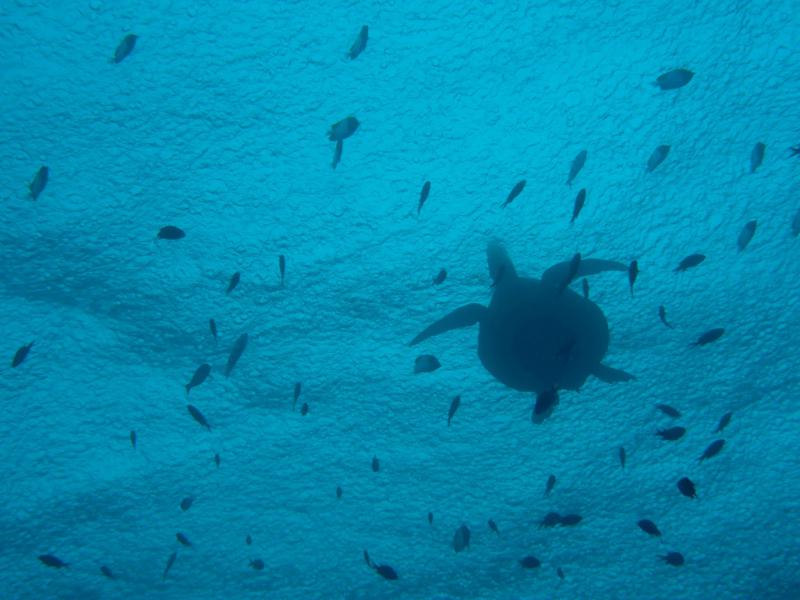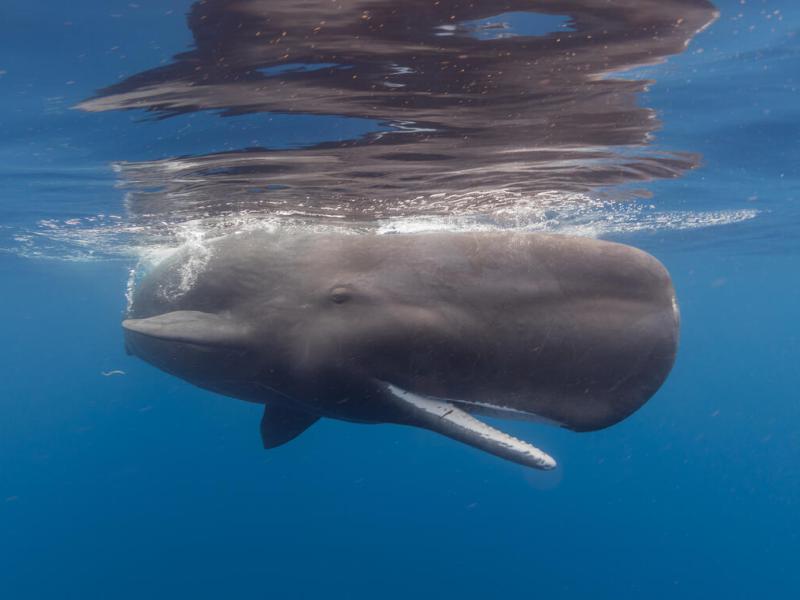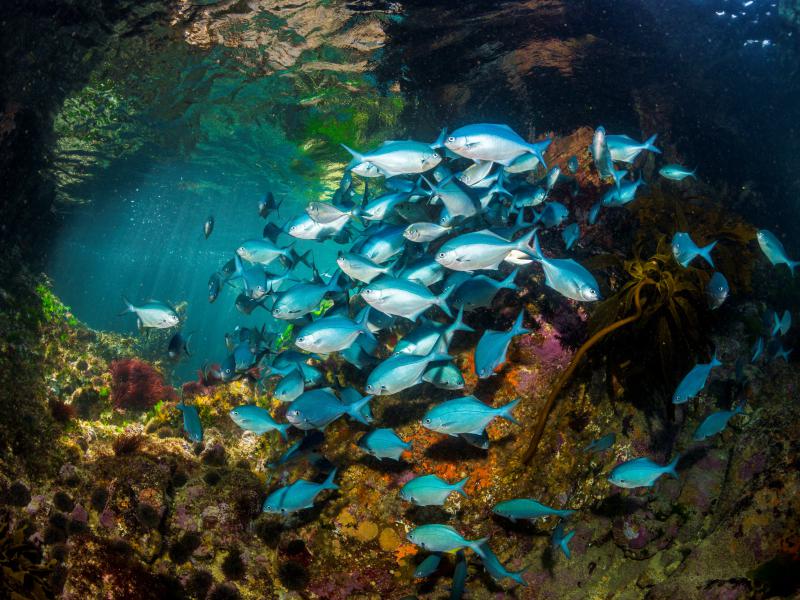Aotearoa New Zealand has a diverse range of coastal and marine environments, habitats, and species. We want to make sure it stays that way.
The health of our marine environment is deeply connected to our own health and wellbeing. The ocean provides food, regulates our climate, and generates most of the oxygen we breathe.
In New Zealand, our marine environment is 15 times larger than our landmass and home to up to 80 percent of our native species. From the Hector’s dolphin to the blue cod, many of the creatures that inhabit our waters and coastal areas are found nowhere else on earth.
But only a tiny fraction of our ocean is protected, and we need to do more to protect our treasured marine species and habitats from the increasing threats they face from overfishing, plastic pollution, and climate change.
In December 2022, New Zealand and other countries around the world signed up to the Kunming-Montreal Global Biodiversity Framework (GBF), a global treaty which aims to halt and reverse the loss of nature by 2030.
WWF-New Zealand works to protect and restore the health of the ocean and help New Zealand meet the targets of this Global Biodiversity Framework. Our current focus is on advocating for more sustainable fisheries, halting the decline of marine biodiversity, advocating for the creation of more marine protected areas, putting nature at the heart of climate action, and promoting a healthy ocean.
